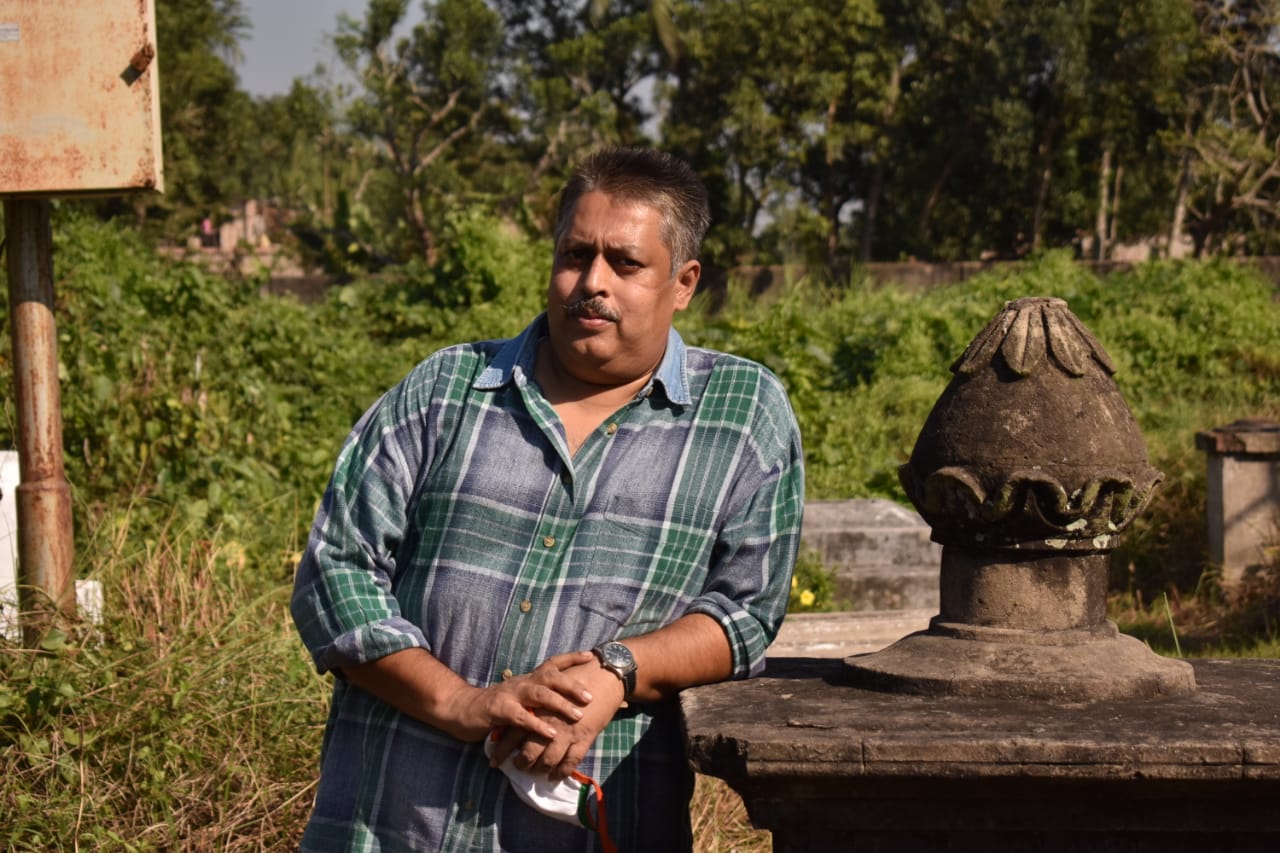Centre changes surrogacy rules; couples with medical condition can use donor gametes
The surrogacy using donor gamete is allowed subject to the condition that the child to be born through surrogacy must have at least one gamete from the intending couple, read a notification on the matter by the Centre.
